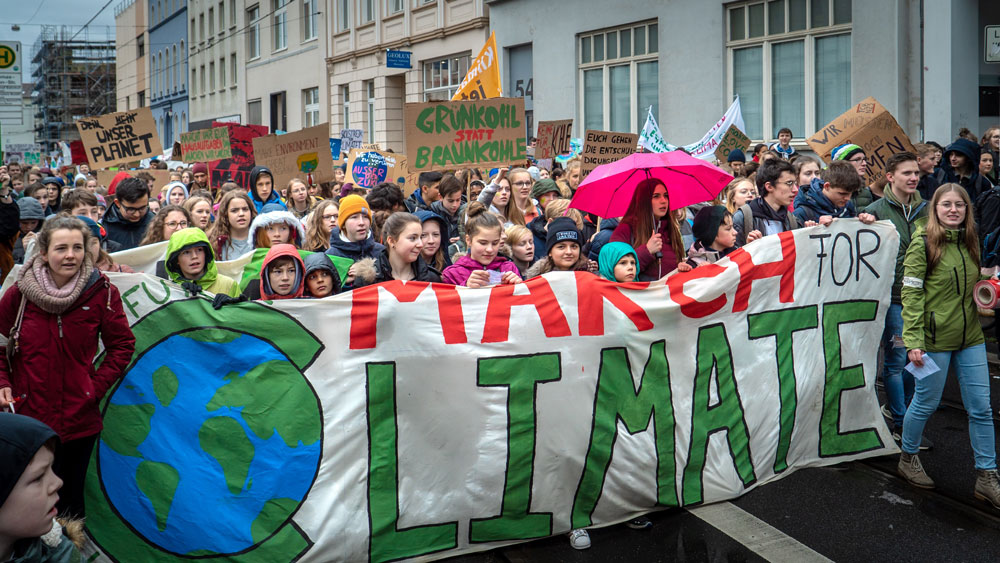Welcome to the age
A few years ago Daniel Innerarity, director of the Institute for Democratic Governance and professor and researcher in political and social philosophy at the University of the Basque Country said that the fight against climate change and the defence of the environment brought the future to the negotiating table. That future is here, and it wants to make its voice heard.
New values…
With the emergence of members of the so-called Generation Y and Generation Z in the workforce and wider society we are living in a time of increasing complexity and significant demographic change. New lifestyles that configure new forms of relationship, communication and consumption, associated with digitalization, technology and the widespread use of social networks are flourishing.
Millennials, as the members of Generation Y are commonly called, share the sense of a both local and global community as a common and distinctive feature, and an approach to social change based on pragmatic idealism, marked by the deep desire to make the world a better place.
The members of Generation Z, known as post-millennials or centennials, have lived with technology throughout their lives and therefore are referred to as digital natives. Born between approximately 1995 and 2005, they have appeared at a time when both nature and society are demanding that responsibility is taken for the abuses of the past, and they have become aware of their responsibility in the search for solutions to the problems that affect society and the planet on a global level.
We are therefore faced with a situation where institutions and companies have lost their traditional ability to control and shape the opinion of these educated, influential and connected individuals who are increasingly informed and critical. They are no longer consumers of products and services, but consumers of values and purpose-driven marketing.

…new activism
In this new scenario, we are witnessing more demanding citizens and a growing trend in raising awareness about environmental issues. And it is not just a question of awareness, but of empowerment, activism and the capacity to mobilise, which has had a particular impact on issues that affect the environment and the fight against climate change.
Examples of this mass, renewed environmental activism are the emergence of global movements such as Youth for Climate and protest actions such as #FridaysForFuture, founded by Greta Thunberg, a Swedish teenager who at 16 began a school strike at the gates of the Swedish Parliament every Friday, to denounce the government’s failure to take action in the fight against climate change and demand that urgent mitigating measures are taken.
The determined activism of this young woman has led her to be invited to participate in top-level summits on environmental policies such as the 24th United Nations Climate Change Conference 2018 held in Katowice, Poland and the 2019 Davos World Economic Forum, from where she has continued to deliver powerful messages that have shaken global public opinion.
Thunberg’s actions have also led to the emergence of #FridaysForFuture, weekly student strikes with the goal of raising awareness, demanding that governments implement urgent measures to curb climate change, and criticising inaction and ineffective policies on an international level.
In addition to the student strikes that are held on Fridays on a recurring basis, #FridaysForFuture mobilized 1.6 million young people in more than 2,000 cities and towns around the world during the week of March 15th, 2019, largely thanks to the powerful role that the media and social networks have played in the international expansion of the movement.
We can therefore affirm that it is now these new citizens who choose institutions and companies as agents of change, and that we are faced with the emergence of a new public defined by being citizens, consumers and activists at the same time. A new reality to which institutions and companies cannot remain distanced from. Welcome to the era of ecological activism.


